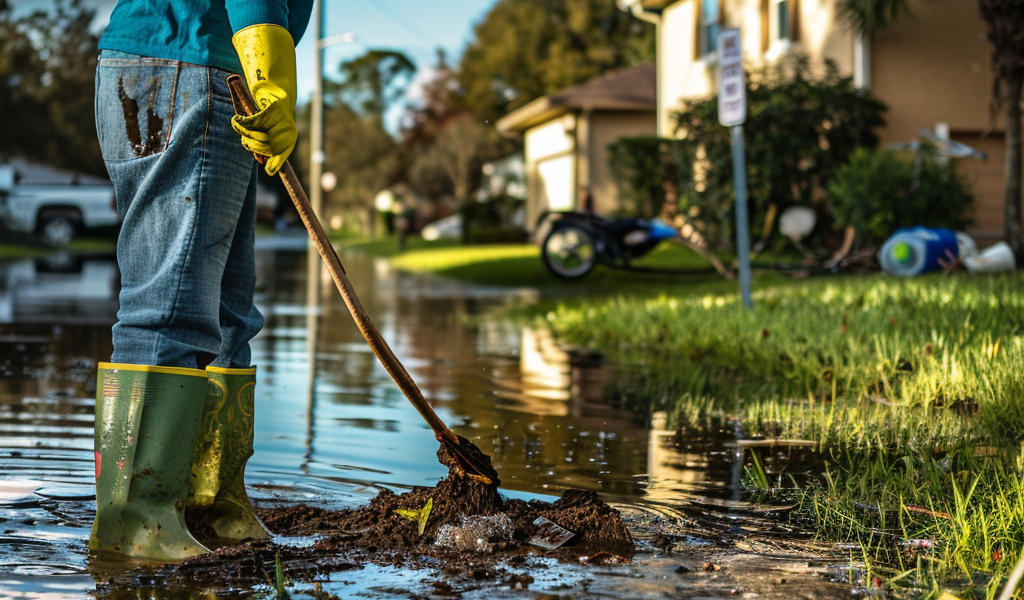Pasco County, Florida – In light of recent flooding incidents, the Florida Department of Health in Pasco County (DOH-Pasco) has issued an urgent health alert, advising residents to remain vigilant regarding potential health risks associated with floodwaters. While direct skin contact with floodwaters is generally not a serious health concern, the presence of bacteria and hazardous debris can pose significant health threats.
To mitigate the risks of illness or injury from contaminated floodwaters, DOH-Pasco recommends that residents adhere to the following essential safety guidelines:
Prioritize Hygiene
Maintaining proper hygiene is crucial during and after flooding events. Residents are advised to:
- Follow boil water notices strictly. When under such advisories, use commercially bottled water for preparing baby formula.
- Wash hands thoroughly with soap and either disinfected or boiled and cooled water. This is especially important before preparing or consuming food, after using the restroom, after handling soiled diapers, and after engaging in flood cleanup activities.
- Steer clear of consuming any food or drink that may have been contaminated with floodwaters.
- Avoid contact with floodwaters, particularly if there are open cuts or sores on the skin.
Addressing Injuries
If residents come into contact with floodwaters and have open cuts or sores, it is vital to wash the affected area thoroughly with soap to prevent possible infections. Should any wounds exhibit signs of redness, swelling, or drainage, immediate medical attention is recommended.
Furthermore, individuals who suffer lacerations or puncture wounds are encouraged to consult their primary healthcare providers to ensure that they are up to date on their tetanus vaccinations, and to consider receiving a booster shot if necessary.
Guidelines for Septic System Users
Residents utilizing septic systems should take precautions, especially if their plumbing systems are functioning poorly due to flooding:
- Conserve water usage as much as possible. Reducing water consumption decreases the volume of sewage that the septic tank must process.
- Limit the use of washing machines to prevent overwhelming the system.
- Avoid pumping the septic tank during high-water conditions. Pumping could lead to the tank being crushed due to exceptionally high water tables.
Well Water Safety
For those with private wells, it is crucial to consider the safety of the water supply following heavy rainfall or flooding. If there is any suspicion that floodwaters may have contaminated well water, residents should:
- Use bottled water for drinking, making ice, brushing teeth, and cleaning any injured skin.
- Be aware that floodwaters may introduce disease-causing organisms, rendering well water unsafe for consumption.
For additional inquiries regarding well water testing or further health concerns following flooding, residents are encouraged to reach out to DOH-Pasco’s Environmental Public Health division.
By adhering to these safety measures, Pasco County residents can better protect themselves and their families from the potential health risks associated with flooding. Stay informed and take proactive steps to ensure a safe environment during these challenging times.





